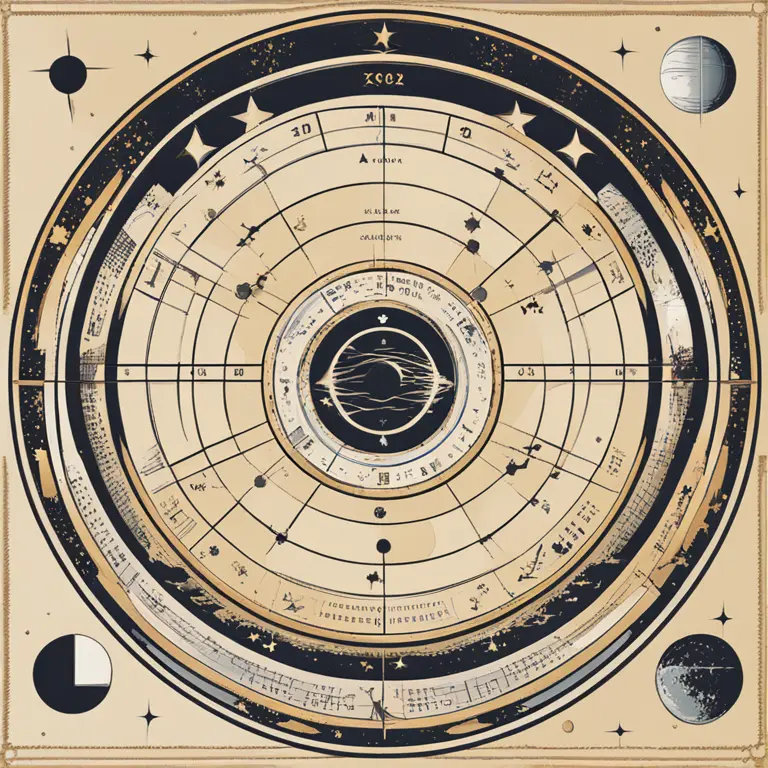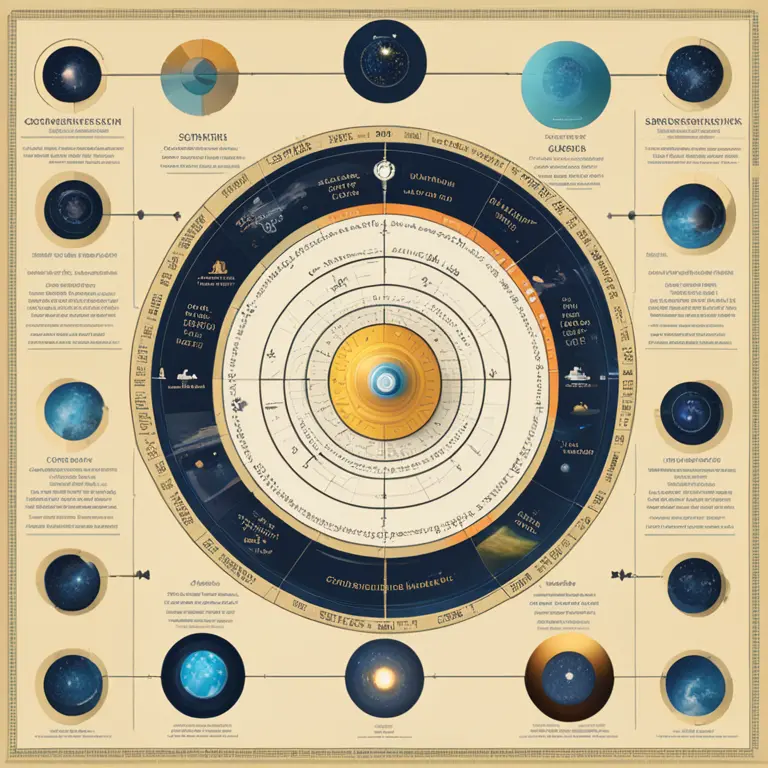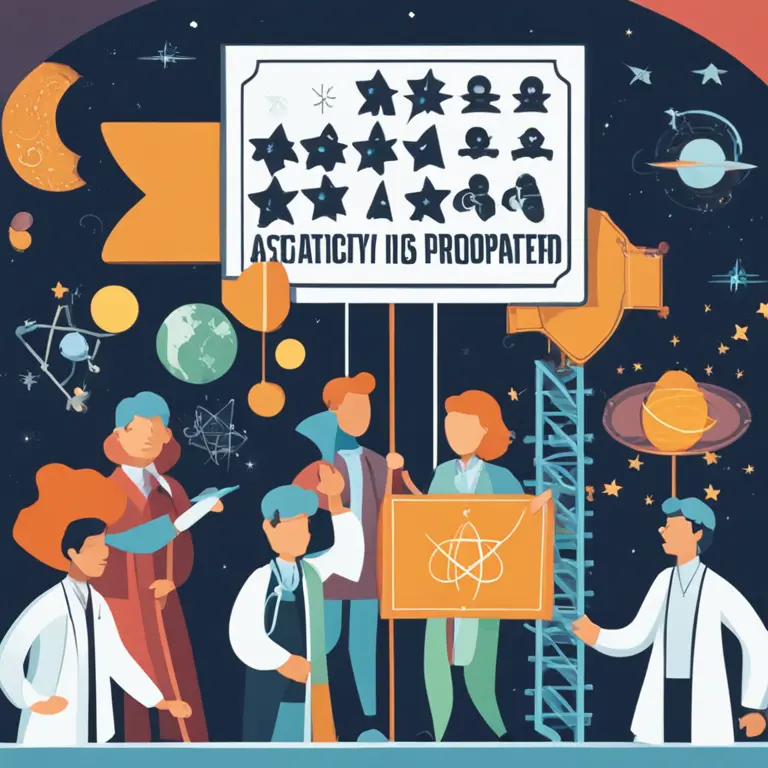
Can Astrology Stand the Test of Science?
Delve into the intriguing debate on whether astrology holds scientific credibility and what evidence exists in this thought-provoking article.
article by Priya Deshmukh
Astrology's Claims and Scientific Scrutiny
Astrology asserts that celestial bodies influence human lives beyond gravitational effects—asserting a cosmic connection between planetary alignments and earthly events. Astrologers provide horoscopes and personal readings, claiming predictive power and personality insights. These claims, while deeply rooted in human history, face scrutiny from the scientific community which demands empirical evidence and reproducibility. The scientific method's backbone is testable hypotheses, leading to a significant divide between astrologers and scientists. Can astrology adhere to scientific rigor, or does it operate outside the realm of empirical investigation? Let's explore the attempts made to validate astrology and what they reveal about its scientific standing.

Astronomical Fundamentals vs. Astrological Assumptions
Astrology and astronomy share ancient connections but have vastly diverged. Astronomy, now a rigorous science, examines celestial phenomena using evidence-based methods. Astrology, conversely, employs a more symbolic approach, interpreting planetary positions as indicators of personal fate and character traits. While the heavens' mechanics are universally accepted, astrology's subjective interpretations face skepticism. To be proven scientifically, astrological principles would need to show consistent results under controlled conditions—a challenge given the individualized nature of astrological readings and the influence of human interpretation.

Research Efforts and Findings
Over the years, some researchers have attempted to investigate astrology's validity. Famous experiments like the Shawn Carlson double-blind test in 1985 remain a point of reference. In this study, astrologers were unable to match natal charts to psychological profiles better than chance. Such findings argue against astrology's reliability, yet astrology's complexities and variabilities often lead to inconclusive scientific results. Astrology proponents argue that the spiritual and interpretative dimensions of astrology evade the constraints of empirical testing, raising questions about the compatibility of astrological practices with scientific inquiry.

The Role of Confirmation Bias
Confirmation bias plays a considerable role in astrology's perceived accuracy. Individuals often remember correct predictions and dismiss inaccuracies, leading to a skewed perception of astrology's efficacy. Additionally, the Forer effect describes the phenomenon where people find vague and general personality descriptions highly accurate when they believe these descriptions are tailored for them. Astrology's personalized horoscopes often contain such statements, complicating efforts to test its validity because individuals' subjective feelings of accuracy are not reliable scientific metrics.

Cultural Impact vs. Scientific Endorsement
Astrology's impact on culture is undeniable, flourishing across societies as a source of comfort, guidance, and entertainment. Despite the lack of scientific endorsement, its popularity persists. This persistence suggests astrology's value may not lie in its empirical validity but rather in its cultural and psychological significance. While not proven in a scientific sense, astrology remains a substantial element of human experience, one that resonates with personal belief systems and the search for meaning in the cosmos.
Conclusion on Astrology's Scientific Status
Astrology fails to meet the scientific criteria of evidence-based, reproducible findings, and thus remains unproven from a scientific standpoint. While some intriguing studies have aimed to test astrology, no conclusive evidence has emerged that supports its predictive or diagnostic claims. As of 2024, astrology exists primarily as a cultural and spiritual practice, providing subjective insights for many but not crossing the threshold into accepted scientific fact.
Published: 1/12/2024
Modified: 1/12/2024
More predictions
Come back here soon to learn more about yourself and your future


The Essence of Zodiac Water Signs
Delve into the depths of the Zodiac's Water signs: Cancer, Scorpio, and Pisces, and their profound influence on personality, emotions, and relationships.


Zodiac Sign & Compatibility: A Guide
Discover which zodiac signs are most compatible in love, friendship, and work with our comprehensive astrology guide.


The Mystique of Zodiac Water Signs
Dive into the emotional depths of the Zodiac water signs – Cancer, Scorpio, and Pisces – and discover the profound insights they offer.